8 Nonfiction Books About Censorship
If there’s one thing to love about Book Riot, it’s that contributors and editors around here are excellent at covering censorship and book banning attempts. From historical topics like the history of Nazi book burning, to heartwarming attempts to rectify wrongs like the Brooklyn Library offering teens across the U.S. access to banned ebooks, to comprehensive guides on fighting book bans with this anti-censorship tool kit, there are many places to start around here.
In my years of experience arguing with people on the internet about censorship (this is not a satisfying or recommended activity), one of the most important things I’ve learned is that nearly 100% of people think other people are trying to silence their points of view. Around 4% think that “their side” is trying to do the same.
Of course, the reality is that while I would argue that one side is guiltier than the other, they’re all guilty. Plenty of guilt to go around! In this rundown of nonfiction books about censorship, I’ve tried to bring different perspectives and various formats. While some of the books on this list were written decades ago, the methods and results of censorship continue.
Nonfiction Books About Censorship
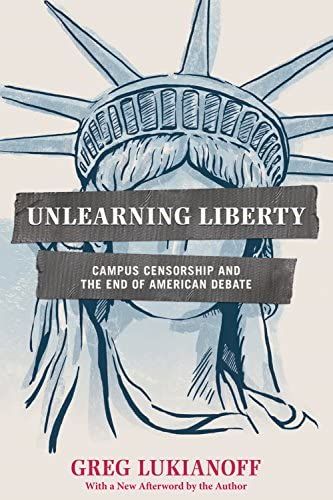
Unlearning Liberty: Campus Censorship and the End of American Debate by Greg Lukianoff
If you’re a leftist atheist like the author of this oft-discussed book on censorship in the world of academia, you will likely cheer on his takedowns of various people and institutions on the right trying to prevent students from voicing their “radical” opinions. But hold on to your trucker hats there, folks, because he’s coming around for us, too. If you think that all accusations of “political correctness run rampant” are worthy of nothing more than a good old-fashioned eye roll, I encourage you to check this book out because it will challenge some of your assumptions.
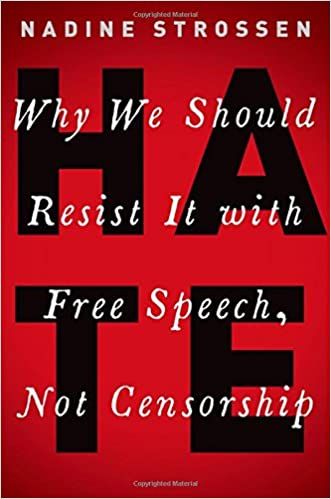
Hate: Why We Should Resist It with Free Speech, Not Censorship by Nadine Strossen
Nadine Strossen was both the first woman and the youngest person to ever lead the American Civil Liberties Union (ACLU). The ACLU is often referred to as a liberal organization, but the truth is that they are on the side of free speech, full stop. That is why they once filed suit to allow the KKK to hold a demonstration, and it is why Strossen argues that trying to shut up conversation views through censorship is not the answer. This book argues against the idea of separating “free speech” from “hate speech” and instead suggests vigorous debate and discussion of the views one finds offensive.
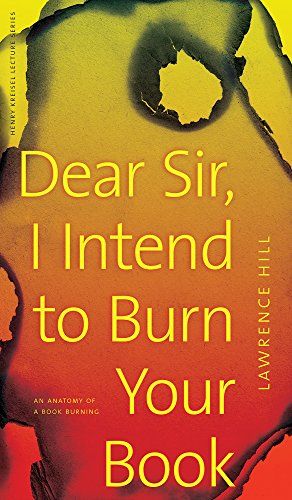
Dear Sir, I Intend to Burn Your Book: An Anatomy of a Book Burning by Lawrence Hill
Lawrence Hill knows quite a bit about censorship, thanks to a group in the Netherlands who burned his novel, The Book of Negroes. In Dear Sir, a short 56-page book or long 56-page essay, depending on how you look at it, Hill discusses his experience being censored. He also delves into his opinions on censorship in general, the control of publication and distribution of books, and many examples of books that have been censored or banned and the eventual outcome of those actions.
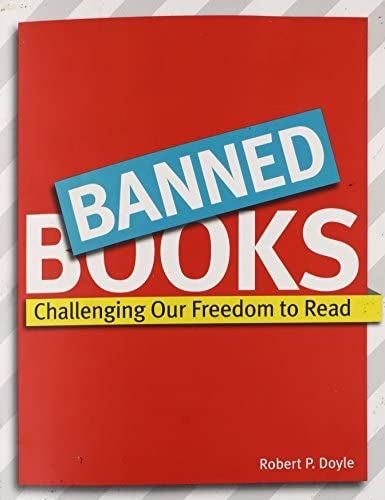
Banned Books: Challenging Our Freedom to Read by Robert P. Doyle
This invaluable resource is updated every three years and organizes information into three challenged/banned book indices: Title, geographic, and topical. If you are looking to delve deeper into the large number of challenged books each year, this is the place to start. Whether you want to find books banned due to a particular topic, the most challenged book in a particular reason, or you want to look up a specific book by its title, it has you covered.
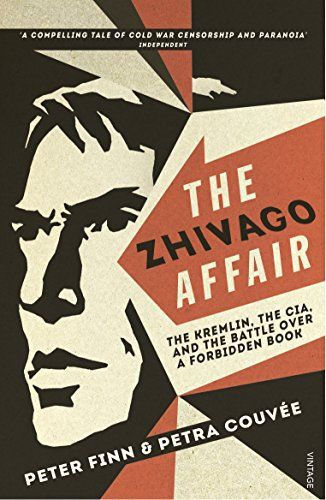
The Zhivago Affair: The Kremlin, the CIA, and the Battle Over a Forbidden Book by Peter Finn translated by Petra Couvée
If you like your nonfiction to read like a true thriller, then this is a book for you. Learn how Boris Pasternak, a Russian poet, smuggled out his now-famous first (and only) novel, Dr. Zhivago. He knew his novel was unlikely to be published in soviet-era Russia and enlisted the help of an Italian publisher to get the book to the foreign masses. When the CIA got a copy of the novel, they had it translated to Russian and smuggled right back to the USSR — and this is just the beginning of a truly extraordinary true-life story.
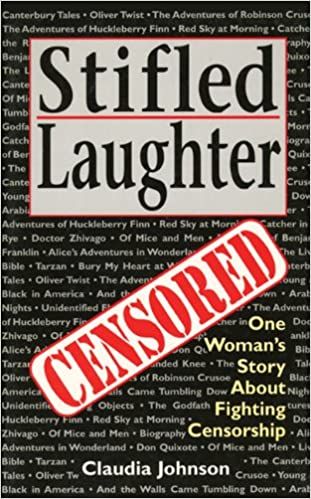
Stifled Laughter: One Woman’s Story About Fighting Censorship by Claudia Johnson
Claudia Johnson, best known as a literary scholar for her work about To Kill a Mockingbird, spent much of her life from 1986 to 1988 fighting censorship in Lake City, Florida. A playwright and graduate student at the time, she wrote this often funny and always frustrating memoir to show the public just what it’s like to try to speak truth to power when power hasn’t even read the damn book. Though this book was written nearly 30 years ago, it unfortunately still rings all too true.
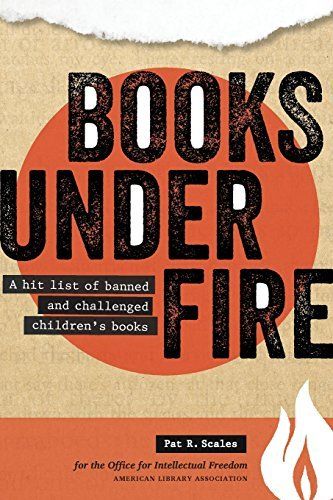
Books Under Fire: A Hit List of Banned and Challenged Children’s Books by Pat R. Scales
For those interested not only in nonfiction books about censorship but children’s literature in particular, Pat R. Scales has compiled an impressive resource. Updated every few years, Books Under Fire deals both with banned and challenged contemporary works as well as historical, out of print books that were deemed too hot for school in their own time period. For each book listed, the author provides a basic summary, discusses the reasons it was banned, and includes information on any awards the author may have won for the work.
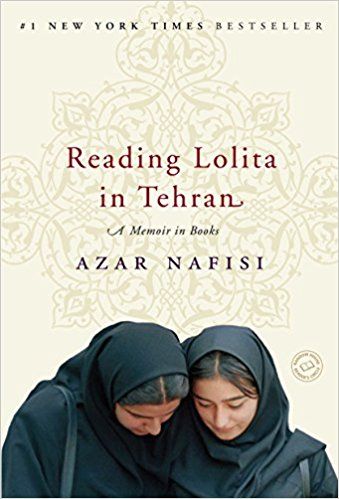
Reading Lolita in Tehran: A Memoir in Books by Azar Nafisi
Part memoir, part excellent reading list, and 100% moving. this book tells the story of one teacher who secretly met with students to read the Western classics they weren’t allowed to read in school. If you’ve ever wondered if literature really has the power to change the world, this book will show you that it does. Of course, the fact that organizations and governments want to censor books at all is all the evidence I need!
Stay tuned to Book Riot to learn about other upcoming nonfiction books about censorship, including Wake Now In The Fire, a graphic nonfiction book written by Jarrett Dapier and illustrated by AJ Dungo. Planned as a 2023 release, the book follows a group of Chicago teens as they fight back against the banning of Persepolis by Marjane Satrapi.

إرسال تعليق
0 تعليقات